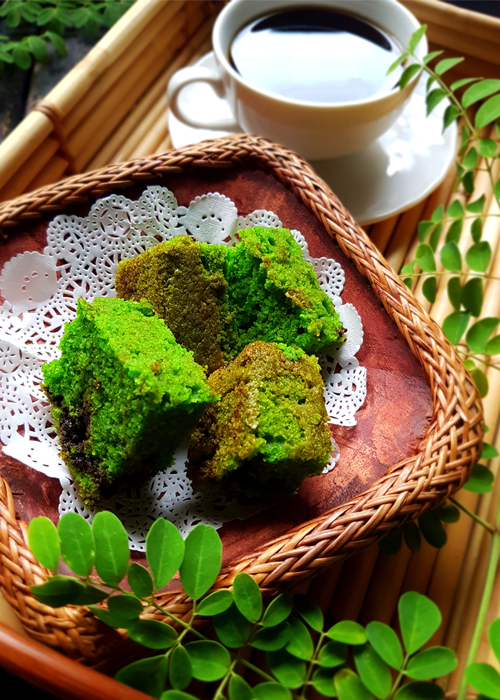By Anja Springthorpe
If you’ve never heard of moringa, you certainly are not alone. Even though ancient societies have recognized it for its many health benefits for centuries, the Western world is just beginning to catch up. Derived from moringa tree leaves, as a powder, it’s a nutritional powerhouse.
It’s exceptionally rich in nutrients, with high amounts of vitamin C, vitamin B2, vitamin E and beta-carotene. These nutrients strengthen the immune system, promote healthy skin, prevent premature aging and facilitate energy production.
Dried moringa leaves deliver higher quantities of polyphenols compared to fresh fruit and vegetables. Polyphenols, naturally occurring micronutrients, protect the body from diseases. In fact, studies show regular moringa consumption improves blood sugar control, consequently reducing the risk or severity of type 2 diabetes.
Another noteworthy benefit of this super food is its capacity to supress inflammatory enzymes. While inflammation is a normal reaction to injury or infection, sustained inflammation can trigger or exacerbate countless health concerns. For example, your chances of developing heart disease, depression, arthritis or psoriasis are significantly increased if chronic inflammation is present. This may explain why moringa traditionally has been used to manage or prevent a wide range of conditions.
Did you know that taking 3 grams of moringa twice a day for three weeks reduces asthma symptoms and the severity of attacks in adults? Moringa also increases breast milk production and combats anemia, arthritis, cancer, constipation, diabetes, epilepsy, gastritis, ulcers and thyroid disorders. Topically, moringa treats athlete’s foot, dandruff, warts, infections, gingivitis and more.
Moringa is available in powdered form, capsules or tea bags. Add powder to smoothies, baked goods or yogurts. The mild, lightly earthy taste of moringa tea makes for a pleasant and healthy start to the day. Because of its potency, it is recommended to start with lower quantities, a ½ teaspoon of powder for 1 cup of tea. Slowly increase your dosage to avoid diarrhea or other unwanted side effects.
Studies show that regular moringa consumption improves blood sugar control




